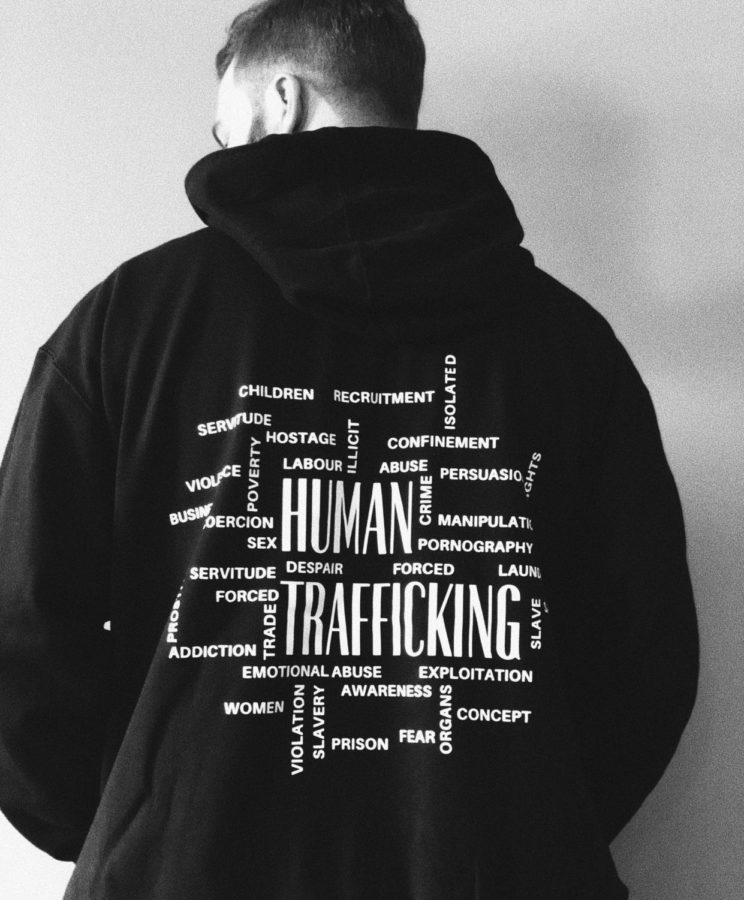Iowa works to combat human trafficking within the state
In January, Secretary Pate launched the Iowa Businesses against Trafficking (IBAT) initiative to empower businesses to help in the fight to end human trafficking through training and outreach programs
August 2, 2022
Secretary of State Paul Pate is currently working with the Iowa Department of Public Safety and the Iowa Department of Transportation to raise awareness about human trafficking in Iowa.
In January, Secretary Pate launched the Iowa Businesses against Trafficking (IBAT) initiative to empower businesses to help in the fight to end human trafficking through training and outreach programs. It is a component of Iowa’s Safe at Home program, which offers confidentiality to survivors of domestic violence, assault, stalking, sexual abuse and human trafficking.
With the help of the Iowa Department of Public Safety’s Office to combat human trafficking and the Iowa Department of Transportation, their collaboration allows for investigative capabilities, training, resources and a reporting tool to collect information on suspected trafficking. Motor Vehicle Enforcement officers from the Department of Transportation also have special outreach programs to educate drivers on how to recognize signs of human trafficking.
According to the IBAT website, the U.S. Department of State estimates that between 14,500 to 17,500 people are trafficked into the United States each year. The IBAT initiative’s goal is to one day make Iowa a trafficking-free state.
“Human trafficking is a form of modern-day slavery, and there is no place for it anywhere,” Pate said. “My challenge to Iowans is to learn more, keep your eyes open and report it to law enforcement when you see something suspicious.”
The Iowa Department of Public Safety’s Office to Combat Human Trafficking offers free online training at STOPHTIowa.org, which is available year-round. This curriculum is required for any business that provides lodging for its employees or for publicly funded events.
“We appreciate the Secretary of State’s and the Department of Transportation’s efforts to increase awareness,” said the Iowa Office to Combat Human Trafficking Special Agent in Charge Chris Callaway. “Our goal is that awareness in the lodging industry and the general public leads to increased reporting. In the last two years, our department has trained and certified nearly 600 lodging properties and more than 17,500 staff to identify human trafficking.”
Since the launch of the IBAT coalition, more than 550 businesses and organizations have joined the fight against human trafficking. Businesses are asked to educate employees, customers and industry partners on the signs of human trafficking and empower more people to take action to prevent human trafficking in Iowa.
For more information about Iowa’s efforts against human trafficking, visit the Iowa Office to Combat Human Trafficking website.

















